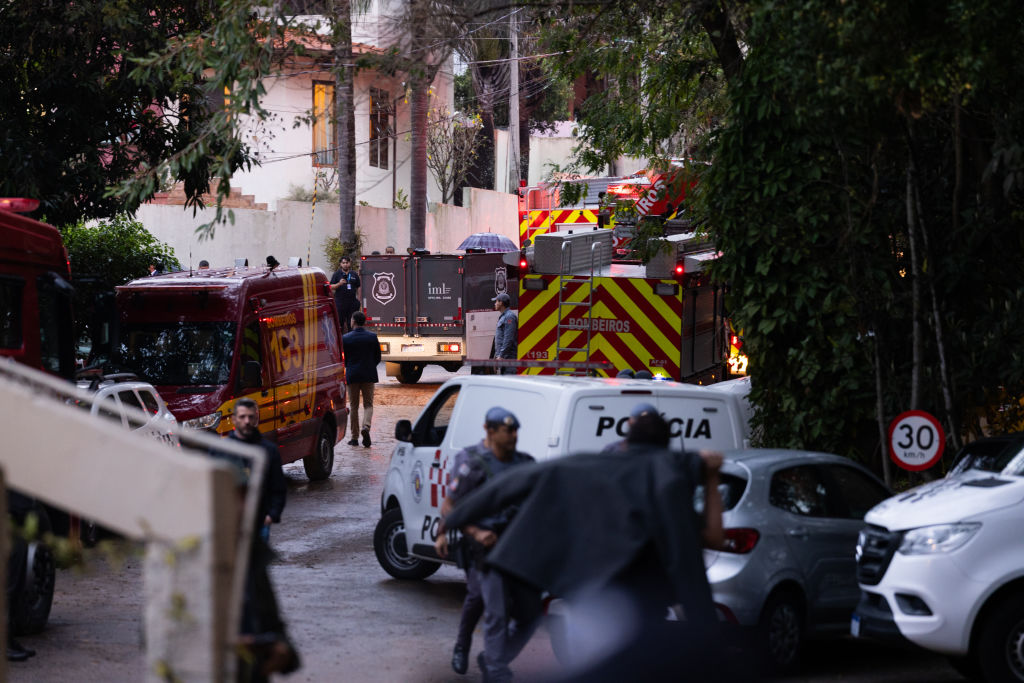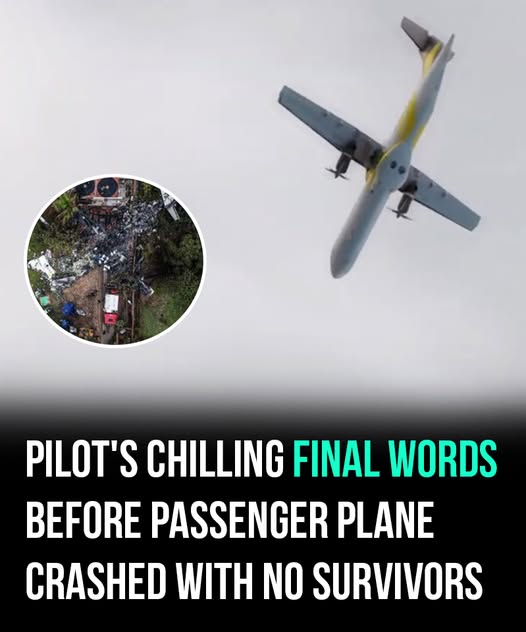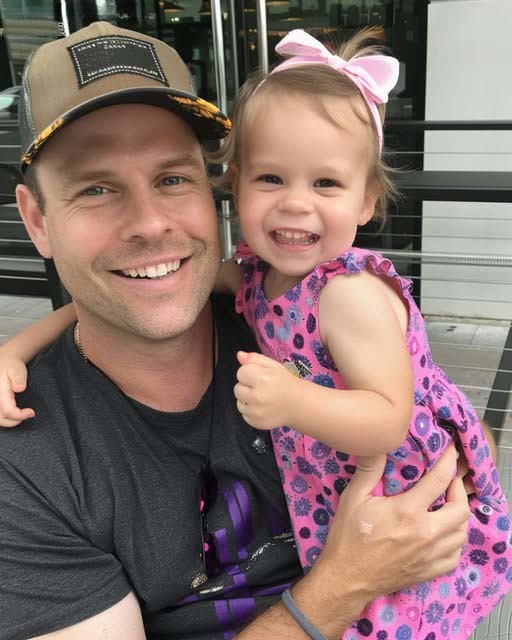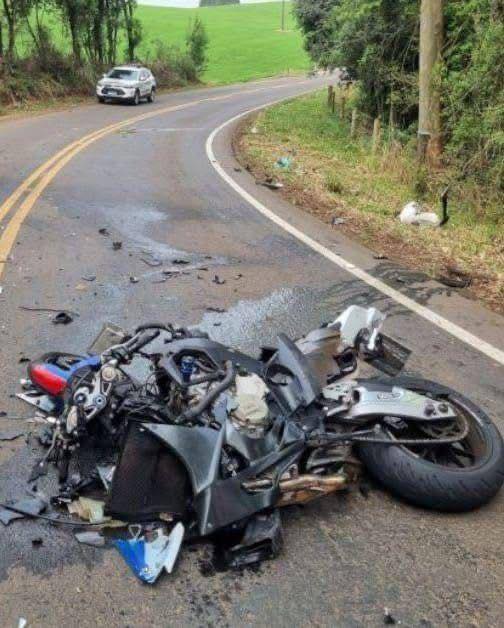The Voepass Flight 2283 Tragedy: How a Routine Flight Became Brazil’s Deadliest Air Disaster in 20 Years
It was meant to be a simple regional flight — a 1 hour and 45-minute hop from Cascavel to São Paulo’s Guarulhos Airport. But on August 9, 2024, Voepass Flight 2283 never arrived. Sixty-two lives were lost, marking Brazil’s worst aviation disaster in nearly two decades.
A Routine Flight Turns Tragic
Voepass Flight 2283, an ATR 72-500, departed Cascavel on a crisp morning under the command of two highly experienced pilots — Captain Danilo Santos Romano, 35, and First Officer Humberto Alencar e Silva, 61. Together, they logged over 10,000 hours of flight experience. By every professional measure, it should have been an ordinary journey.
But only 15 minutes after takeoff, things began to go wrong.
A Chain of Alarms
As the aircraft climbed to 17,000 feet, turbulence and freezing conditions set in. The crew activated the propeller anti-icing and airframe de-icing systems — standard practice in such weather. Moments later, however, the airframe de-icing system shut off unexpectedly. The cockpit’s Electronic Ice Detector began to issue repeated warnings.
For nearly an hour, the ATR flew through shifting layers of freezing air, with ice accumulating faster than it could be removed. Temperatures hovered near -9°C, and performance warnings intensified. Airspeed began to decay, and the aircraft struggled to maintain altitude.
The final cockpit recording revealed the pilots’ desperate confusion. “What is going on?” the co-pilot asked as alarms blared. Seconds later, the plane entered an uncontrolled descent, spinning five times before crashing near Vinhedo, about 40 nautical miles from São Paulo. The explosion lit up the early morning sky.
The Human Cost
Among the 62 victims were eight doctors, including six oncologists traveling to a cancer conference, four professors from Western Paraná State University, and two young children. Ten passengers missed the flight after waiting at the wrong gate — a twist of fate that spared their lives.
Local residents described the horror that unfolded. “I heard the sound of the plane falling,” said witness Felipe Magalhães. “When I looked out my window, I saw it spin before it hit the ground.” Another, Nathalie Cicari, recalled, “It wasn’t a normal movement for an airplane. I knew something was terribly wrong.”

Miraculously, no one on the ground was hurt, though one home sustained damage.
What Went Wrong
Initial investigations found no evidence of engine failure or fuel contamination. Instead, the focus turned to icing and system management. The de-icing system’s interruption — and the crew’s delay in reactivating it — may have triggered the aerodynamic stall that led to the fatal spin.
Months later, new revelations deepened the tragedy. In August 2025, G1 reported allegations from a former Voepass employee claiming that a pilot who flew the same aircraft the night before had verbally reported a de-icing malfunction — one that was never logged. Under aviation safety law, such an entry would have grounded the plane.
These claims, if verified, point to a culture of pressure and procedural neglect that extends beyond one flight crew.
The Aftermath
Brazil’s National Civil Aviation Agency (ANAC) suspended Voepass’s operating license in March 2025, citing “failure to correct safety irregularities” and “non-compliance with operational standards.”
President Luiz Inácio Lula da Silva publicly expressed condolences to the victims’ families and led a moment of silence in their honor. Across Brazil, memorials were held, candles lit, and prayers offered for those who perished.
Lessons in the Wake of Loss
This tragedy has reignited national debate over aviation safety, corporate accountability, and the human cost of complacency. For experts, it underscores the importance of strict maintenance transparency and a culture that empowers pilots and engineers to prioritize safety over schedules.

For families, the loss remains raw — a reminder that behind every flight number are names, stories, and dreams suddenly cut short.
A Quiet Reflection
In the end, the Voepass disaster is more than an investigation into de-icing systems or operational failures — it is a mirror held to the fragility of human trust in the machines that carry us through the sky.
Every takeoff carries a silent covenant between those in the cockpit, those on the ground, and those waiting at home. It is built on faith — in skill, in procedure, in care. And when that faith is broken, the lesson left behind is both tragic and sacred: that safety, in the air or on the ground, is never just technical — it is moral.




